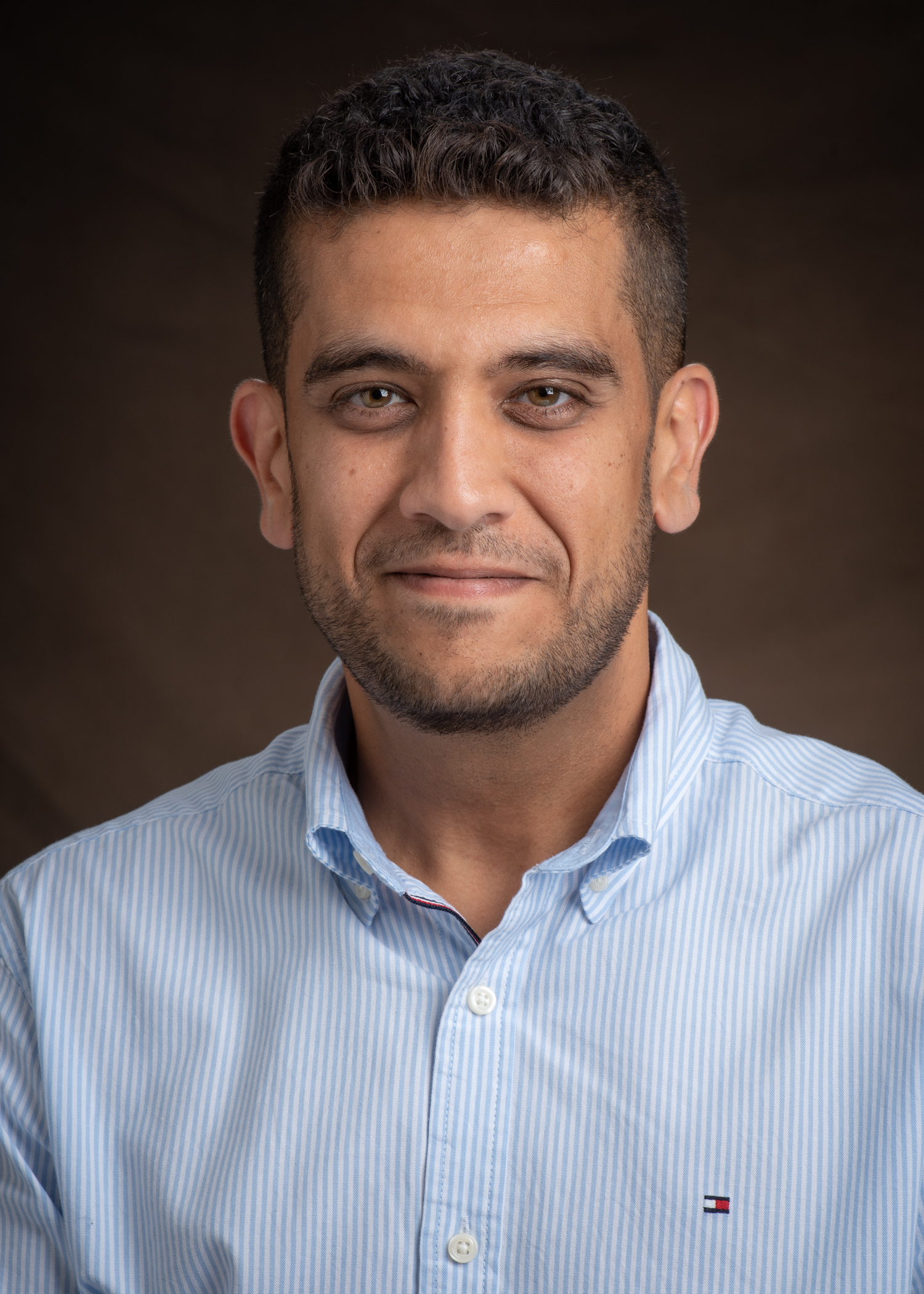Challey Spotlight: Dr. Ahmad Al Asady
Assistant Professor of Management
Ahmad Al Asady is an assistant professor of management in the NDSU Department of Management and Marketing and a scholar of the Challey Institute for Global Innovation and Growth. He researches how institutional elements in foreign environments influence the economic decisions of international entrepreneurs. His current research interests include international entrepreneurship, institutions, corruption, and the Middle East and North Africa region. Ahmad lives in Fargo with his wife and son.
Research and outreach highlights:
- Encourage Immigrant Entrepreneurs with Economic Freedom | Washington Examiner
- The World of Entrepreneurs | Podcast Interview
- A System Justification Theory of Entrepreneurial Attitudinal Change During a Crisis | Journal Article - Best Paper Award
You started at NDSU during the pandemic in fall 2020. What are some challenges you’ve overcome, and what are you looking forward to in your third year as a Challey Institute Scholar?
The No. 1 challenge was taking off my student hat and putting on my professor hat, especially in a new environment. It was challenging because I wasn’t able to physically meet with my colleagues until the fall in 2021, but I grew more and more comfortable and was able to overcome it. As for the Challey Institute, I look forward to seeing how we can grow our impact and national recognition. Specifically, I am very, very excited about the Distinguished Speaker Series. Never in my wildest dreams did I imagine meeting a Nobel laureate—that was such a jolt of excitement. You know, it’s amazing to meet these people because they’re very inspiring and you get to see the person behind the work.
You teach a class on International Entrepreneurship. You yourself grew up oversees, immigrated to Canada as a six-year-old refugee, and started a business in Dubai before attending grad school in the U.S. What do you hope to teach students in the Midwest about global entrepreneurship?
The main takeaway I want my students to realize is that the process of starting and succeeding in entrepreneurship differs around the world, and for them to understand the political and cultural reasons behind that. Here in the United States, it’s the land of opportunity and success and the American dream, but I want students to understand the diversity in different countries. So, the first half of the class is learning-based. I have them look at the Ease of Doing Business Index from the World Bank and see how many steps it takes to start a business, and the students are surprised that the U.S. is not ranked first. The second half is project-based. Students choose a country and an industry, and then they “start a business” and pitch an idea to me.
Your recent work has examined the relationship between corruption and international entrepreneurs. What have you uncovered so far?
At the individual-level, entrepreneurs are not innately corrupt. They engage in corruption because they have to. Research shows they would prefer not to engage in corruption if there was another way, because corruption stifles innovation and has long-term negative effects. However, at the institutional-level, there is state-logic and market-logic. In a country where market-logic is dominant and there is a free market economy, corruption doesn’t pay. But in a country where state-logic and top-down rules dominate, corruption works. That is why the institutional context is so important.
[Note: Dr. Al Asady is looking at how digital technologies can be used as bottom-up solutions for top-down corruption. Hear him discuss these ideas with Dr. John Bitzan in a recent video.]
There is a lot of entrepreneurial activity buzzing in the Fargo area. How are you connecting your activities with what’s happening in our region?
I recently collaborated with other entrepreneurship scholars to study how entrepreneurs in the Fargo-Moorhead ecosystem view their networks and relationships. I am also the new faculty adviser for Pathway Ventures, NDSU’s student-run venture capital fund. They have a $100,000 fund to invest in student and local start-ups.
How has philanthropy influenced your success?
I am very, very, very thankful to the donors who support my position. This is my dream job, and I wouldn’t have it without philanthropy. I came here as an immigrant and now I’m building a house. It’s surreal. One day I hope to follow in their footsteps, because they’re making a very good example of how you can invest in an institution. Thank you.



